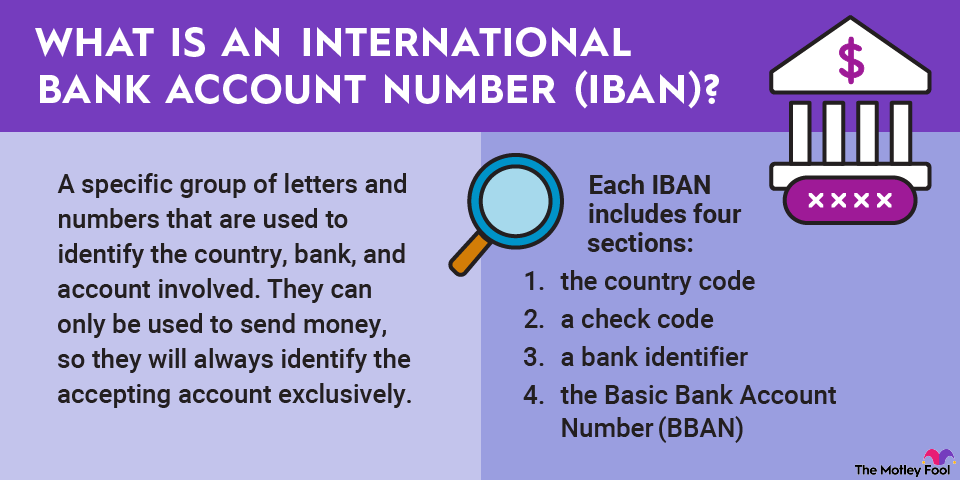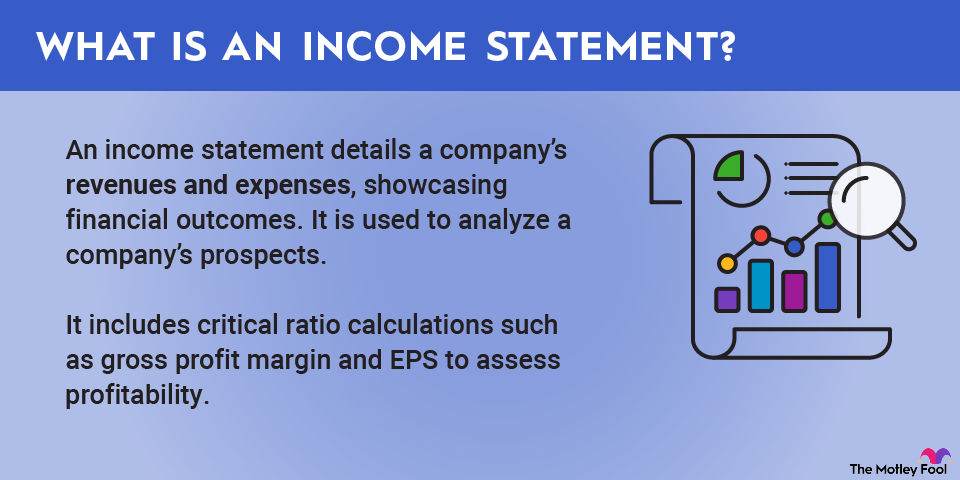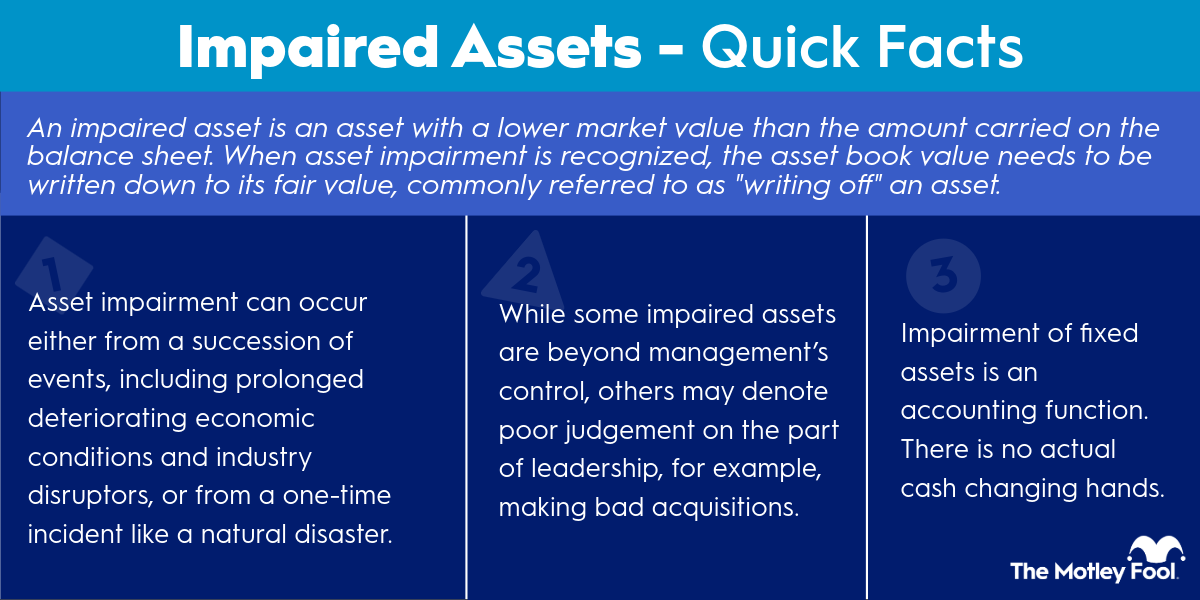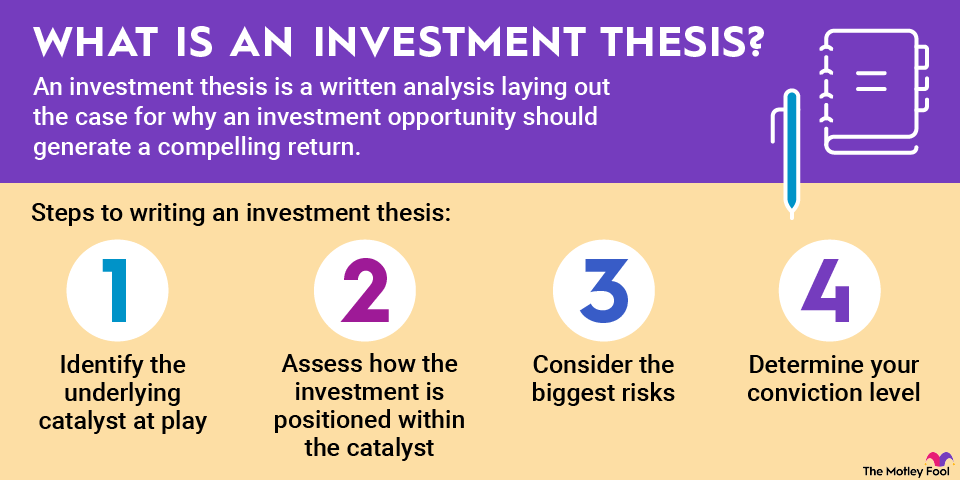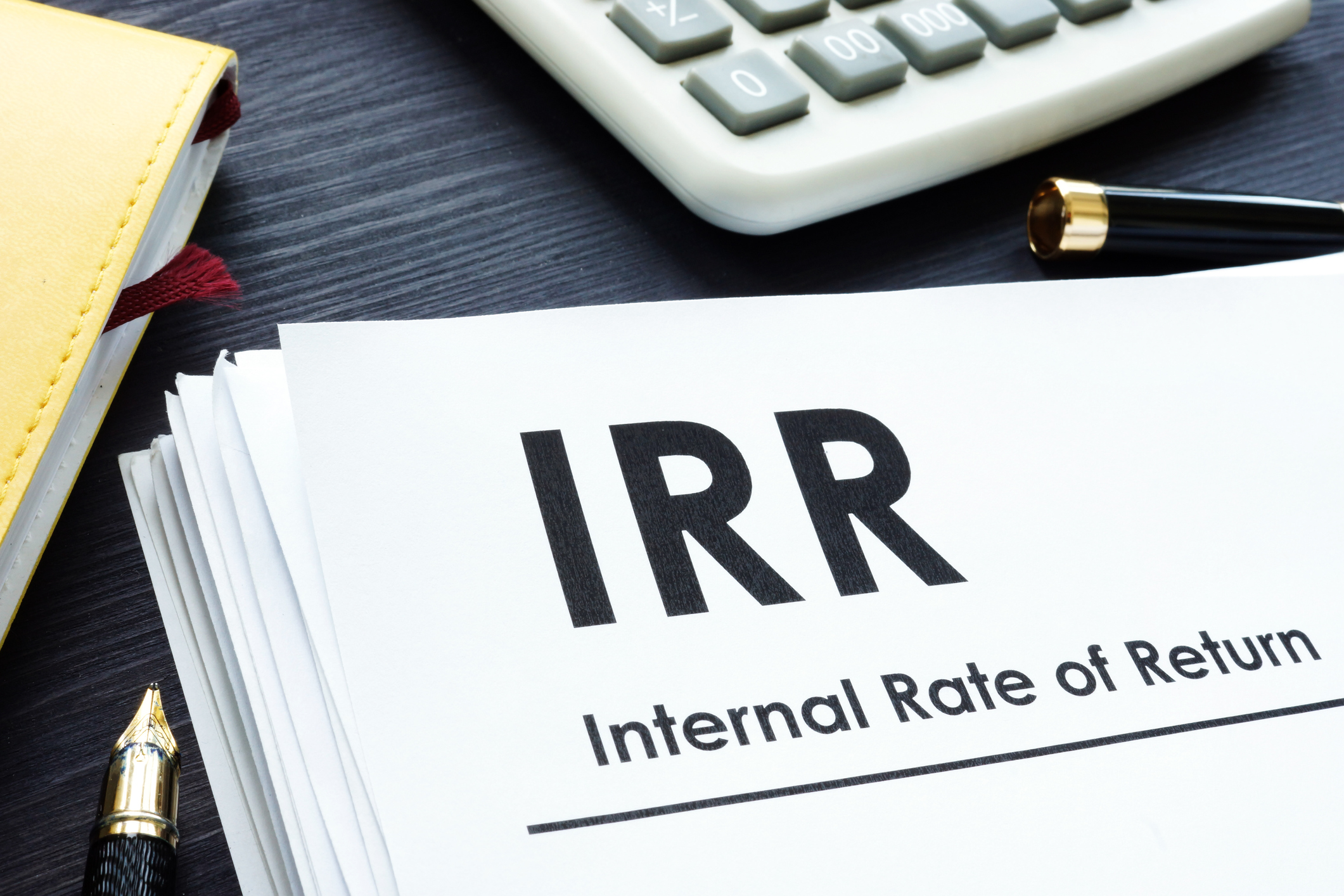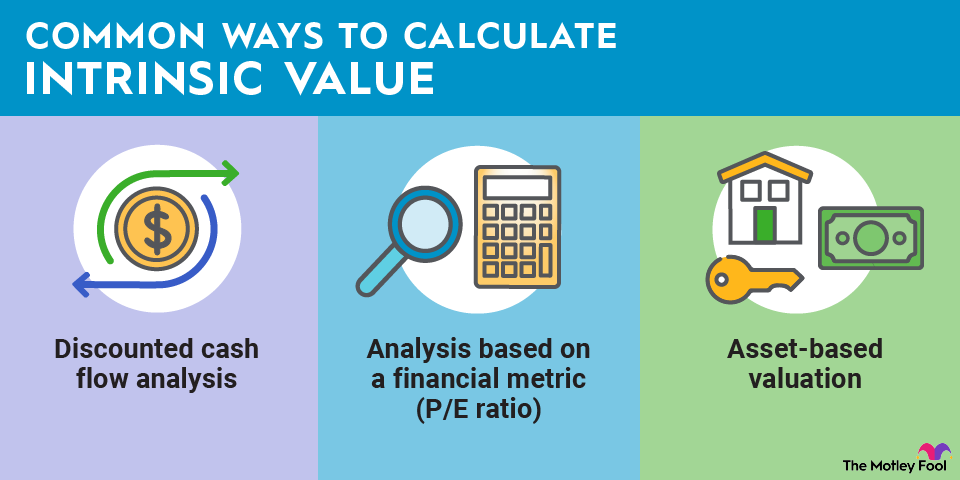How to calculate the implied market cap
The implied market cap is very easy to calculate using the most basic methodology. Simply determine the average closing price for the period you want to look at, like a certain number of days after an IPO, or the issuance price on IPO day, and the number of fully diluted shares outstanding.
The formula looks like this:
Implied Market Cap = Estimated Price Per Share x Number of Fully Diluted Shares Outstanding
So, if, as in the above example, your company had 100 million shares, planning to IPO at $10 each, it would look like this:
Implied Market Cap = $10 x 100,000,000
Implied Market Cap = $1,000,000,000
You can also do this calculation using a period of time, like the first two weeks after the IPO. In that case, just replace the price per share with the average of all the closing share prices for those days.
So, if the average closing price across 14 days was $15, then it would be $15 x 100 million, which is $1.5 billion.
Pros and cons of using implied market cap
Using implied market cap is essentially using an estimate to guess what the future may bring. This can be good and bad, but it helps provide some kind of framework for understanding the value of a company that may not have one yet.
On the other hand, without careful planning and calculation, an implied market cap can literally be anything you want it to be, and it is easy to accidentally create a valuation that you'd like, rather than one that is realistic. For example, if I make assumptions about a merger for a company I'm really bullish about, I might grossly overestimate its implied market cap, and then be deeply disappointed (or financially damaged) by my enthusiasm.


